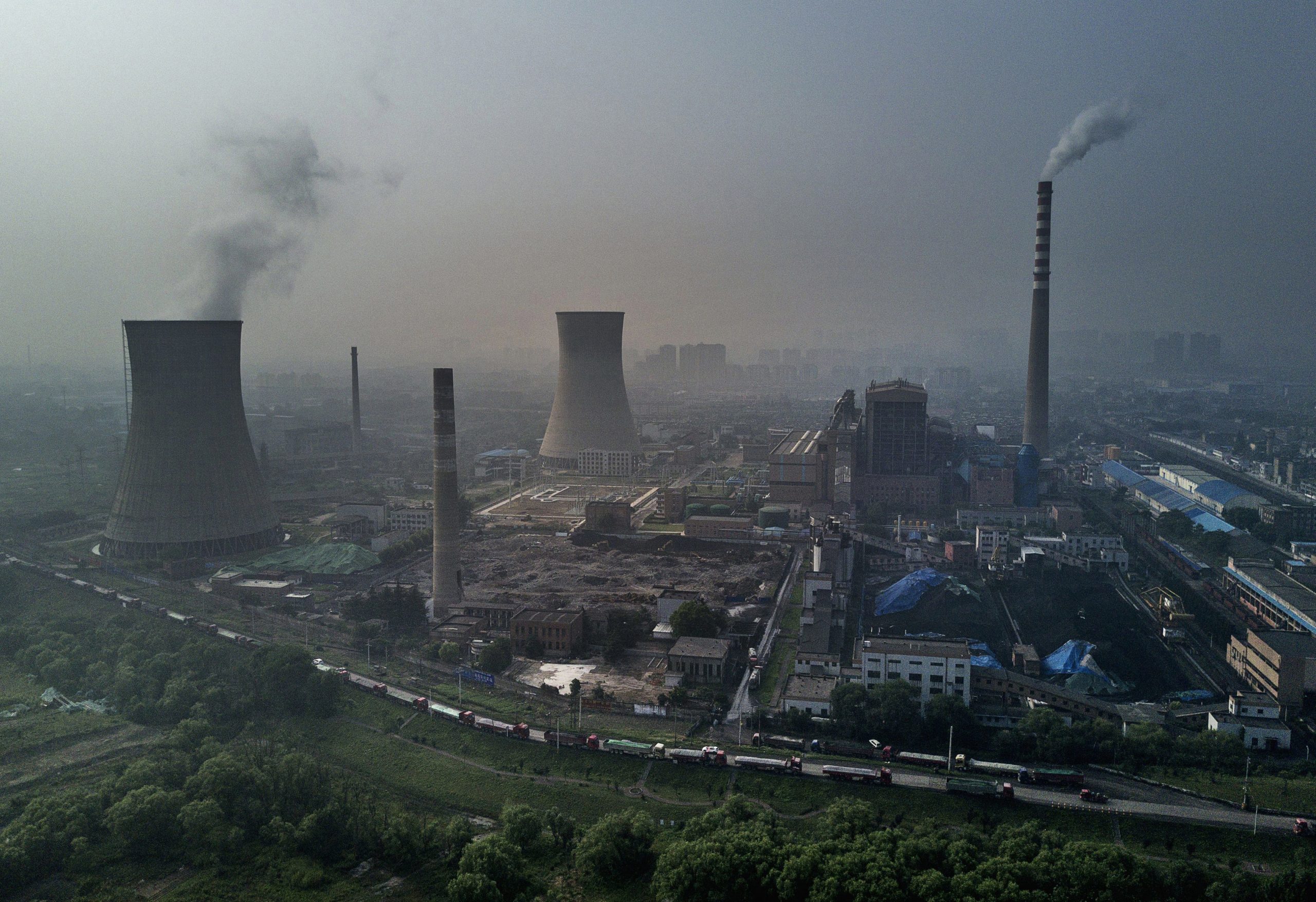
China was the only major economy to experience growth last year, as its industrial sector continued to expand. Following a year-on-year contraction of 6.8 per cent in the first three months of 2020 – the first fall in output in more than 40 years – the Chinese economy avoided a recession and registered growth of 2.3 per cent by the end of 2020.
Much of China’s apparent success can be attributed to its response to coronavirus. Its reported infection numbers flatlined at the beginning of March, though there has been a recent uptick in cases centred on Hebei province. Instead of suffering the punishing economic consequences of national lockdowns, China has been able to keep its factories open and its people working.
Yet, GDP growth does not equal economic health. According to Global Energy Monitor, China has heavily invested in coal plant development in order to prop up its GDP numbers. In the first half of 2020, the generating capacity for proposed new coal plants in China was almost equal to the entire coal fleet of South Africa (41.4 GW). This is despite the fact that China has an excess of coal-generated energy, leaving many coal plants redundant. Global Energy Monitor stated that the 360 coal-fired plants added in China from 2015 to 2019 absorbed at least $80bn of wasted investment in the form of construction costs.
China’s capitalist-authoritarian model means that the Communist Party’s control over key aspects of the economy is far greater than that of other governments. China’s GDP figures represent real economic activity, but it is not all productive economic activity. Through huge amounts of investment in unproductive enterprises – such as redundant coal plants – China is able to inflate its GDP figures to meet its targets. Because investment is backed by government entities, failed investments are not written down in the same way as they are in other countries. Companies that make a bad investment do not go bankrupt (and therefore reduce GDP) because they are backed by the government.
[See also: Can the US and China forge an alliance over the climate crisis?]
“GDP means something very different for China than it does for most other countries,” Michael Pettis, professor of finance at Peking University, told me. “In China, GDP growth is a target that, as long as it has debt capacity, [the government] can always achieve by forcing local governments to spend. In 2020, the Chinese economy performed badly, like the economies of the rest of the world.”
China’s economy is currently unbalanced due to inequality, low levels of consumption and a heavy reliance on exports, and last year’s growth was made possible by increasing its debt levels – something the Communist Party had hoped to avoid.
[see also: What will a cashless China mean for the world?]





